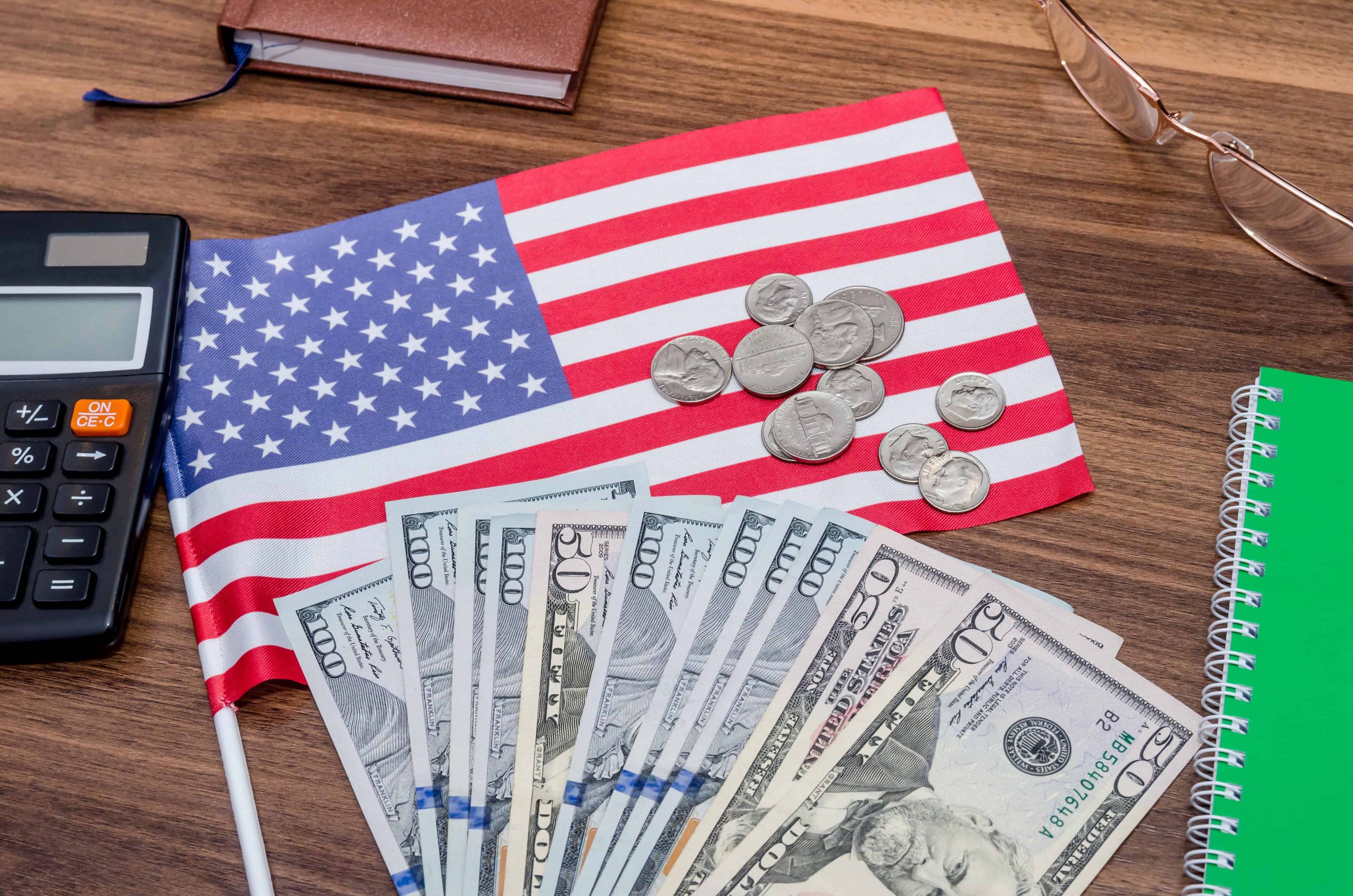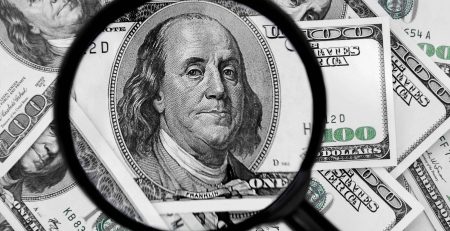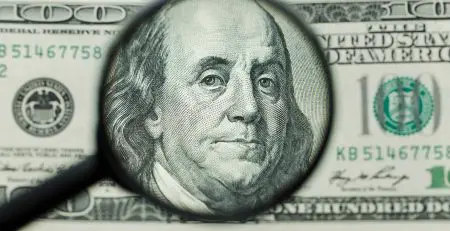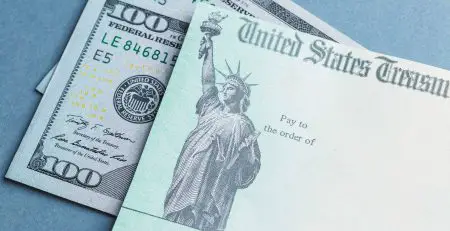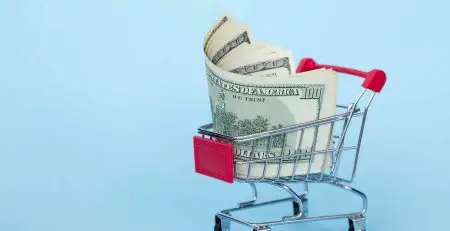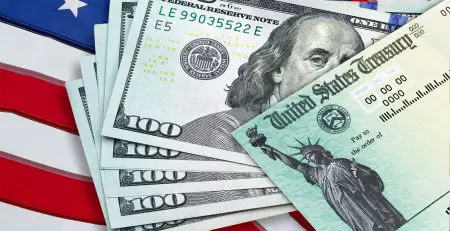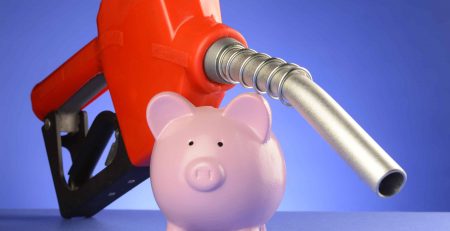There comes a time in everyone’s life when they struggle with money. Loans are the most direct solution that comes to everyone’s mind. Of course, there are many personal loans and standard loans that you can apply for. But, the problem with loans is that they can be expensive and difficult to qualify for. This is where government-backed loans step in. Government-backed loans are often more affordable and easier to be eligible for.
What Are Government Loans?
Government loans are loans that are funded by the federal government. What makes these loans special is that they provide more flexibility when it comes to paying them back. Also, government loans are available for people in different situations, such as students, veterans, business owners..etc.
How Do Government Loans work?
Some loan applications can be pretty straightforward, but others might include a more complicated process. As a result, every loan process is different and you should take the time to choose the right one for you.
Federal Housing Loan Options
Understandably, buying a house nowadays is no easy task. Since prices increase on a daily basis, and salaries don’t, many Americans spend more than the recommended 30% of their income on housing.
Luckily, there are government-backed loans that can help you out with getting the money to buy your own home.
Federal Housing Administration (FHA) Loans
FHA loans are a great option for first-time homebuyers. Basically, these are mortgages that are insured by the government. Through these loans, buyers can finance their new homes with a down payment as low as 3.5%.
US Department of Agriculture (USDA) loans
Basically, these loans were created specifically for people who want to live in eligible rural areas. If eligible, USDA loan applicants can get themselves a new home for a down payment as low as $0.
Veterans Affairs (VA) Loan
VA loans are a lifetime benefit for service members and surviving spouses. These loans go towards buying, building, repairing, retaining, or adapting a service member’s home. These loans are financed by private lenders, like banks, but VA requires no down payment and charges very low-interest rates.
Energy-Efficient Financing Programs
The Department Of Energy (DOE) is encouraging people to buy more energy-efficient homes, that’s why they created the Energy-Efficient Mortgage (EEM). Basically, when buying, selling, refinancing, or remodeling a home, you can benefit from energy-efficient financing. EEM helps homebuyers to afford larger mortgage payments.
Section 504 Home Repair program
This is a housing loan for the very low-income. But, this loan, also known as a housing repair loan is aimed at helping finance home repairs and improvements.
Native American Direct Loan
Native American veterans will find this loan quite useful, especially the ones looking to buy, build or improve their homes. This loan requires you to meet certain qualifications, but, most importantly, the homes have to be built on federal trust land.
Loan Programs For Veterans
For our brave men and women in the American military, The VA created several loan programs. These loans are aimed to help ease their lives on the financial side.
VA Cash-Out Refinance
This cash-out refinance lets veterans replace current loans with new ones under new terms. So, if a veteran wants to take cash-out of home equity to pay off a debt, pay for school, make home improvements, this program is suitable for them.
Veterans’ Life Insurance Policy Loans
This loan policy focuses on veterans who have a permanent plan under one of the following life insurance plans:
- United States Government Life Insurance (USGLI)
- National Service Life Insurance (NSLI)
- Veterans’ Special Life Insurance (VSLI)
- Service Disabled Veterans Insurance (S-DVI)
- Veterans Reopened Insurance (VRI)
So, veterans can take loans of value up to 94% of the value of their life insurance policy. Or, veterans can choose to surrender their policy for a 100% cash-out.
Interest Rate Reduction Refinance Loan (IRRRL)
This program is perfect for veterans paying mortgages who want to reduce their payments. Basically, under IRRRL, veterans can replace their current loans with new ones, under new terms. However, the initial loan has to be VA-backed.
Federal Loans For Students
One of the main reasons some people choose not to go to college is because they can’t afford it. Young people will often have to choose between paying for necessities like food, shelter, and education. Hence, the Department of Education designed loans specifically to help students pay for their schools.
Types Of Educational Loans
There are several loan programs created by the Department of Education. Students should research which program works best for them, and make sure they’re eligible for it.
Direct Subsidized Loans
These loans aim to help students who struggle financially to pursue their educational journey.
Direct Unsubsidized Loans
These loans aim to help students who are not low-income. Moreover, students can be undergraduates, graduates, or professional students. Obviously, subsidized loans will offer better terms than unsubsidized ones.
Direct PLUS Loans
These loans target graduate or professional students and parents of dependent undergraduate students. The idea is to help the students and/or parents pay for education expenses. Direct PLUS Loans aims to help those not covered by other financial aid. The qualification for these loans is your financial credit score. Those with low credit scores might have to satisfy other terms to qualify.
Direct Consolidation Loans
This program helps students combine all their loans into one. Then, a single servicer will manage the loan.
How To Apply For Educational Loans
Students should fill out the Free Application for Federal Student Aid (FAFSA®) when applying for loans. FAFSA also “determines your eligibility for other federal student aid like grants and work-study.” Finally, students applying for loans should fill out their FAFSA every year they’re in college, to maintain their loans.
Government Loans For Businesses
In today’s competitive market, it’s difficult to survive as a small business. The challenge becomes bigger when money gets tight. That’s why the Small Business Administration (SBA) created a series of loan programs to help these businesses.
Types Of Business Loans
7(a) Small Business Loan
This is SBA’s most popular loan program. This loan best suits businesses aiming to buy real estate. But, 7(a) can also help businesses acquire short- and long-term working capital, buy furniture and refinance current business debts. Borrowers can get up to $5 million through 7(a).
SBA will decide whether you’re eligible or not according to 3 factors: What the business does for income, where the business is located, and its credit history.
CDC/504 Loan Program
504 loans are long-term, fixed-rate programs that aim to finance fixed assets up to $5 million in value. The main goal of the program is to promote business growth and job creation.
The Certified Development Companies (CDCs) will service these loans. CDCs are SBA’s community partners.
SBA Microloans
Whether it’s for working capital, inventory, supplies, furniture, fixtures, machinery, or equipment, microloans are a great option for small businesses. These microloans can go up to $50,000, but, on average, loans are about $13,000 per applicant.
Disaster Relief Loans
These low-interest loans are for businesses in declared disaster zones. You can repay these loans in a period of up to 30 years. These loans come as a collaboration between the Federal Emergency Management Agency (FEMA) and SBA.
Home and Property Disaster Loans
SBA created these low-interest, long-term loans to assist homeowners and renters in declared disaster areas. However, these loans focus on property that is not fully covered by insurance. Homeowners can apply for up to $200,000 in loan, or for the cost of restoring the home to its pre-disaster state. But, homeowners cannot use the money to upgrade their homes or make additions to them.
Conclusion
If you’re looking for a loan to finance your home, education, business, or farm, the federal government has a program for you. If you’re a veteran, there are custom loans for you, especially if you’re a Native American Veteran.

